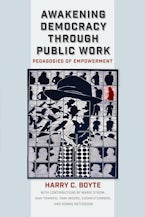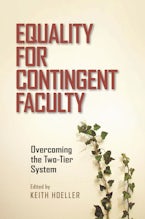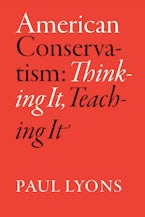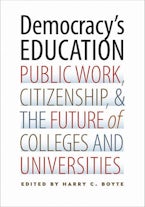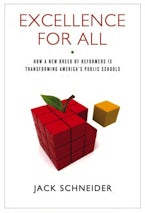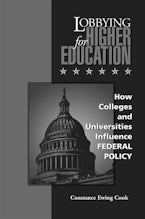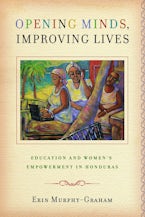- Home
- Professional Identity Crisis

Professional Identity Crisis
Race, Class, Gender, and Success at Professional Schools
The author spent over 400 hours observing how first-year students are socialized in two very different environments, Boalt School of Law and the School of Social Welfare at UC Berkeley, watching how they adapted to different expectations of how to speak, dress, and behave in the classroom.
Costello found that students who were female, of color, disabled, or poor were not underqualified compared with their privileged peers. Nor did the research uncover intentional bigotry. Instead, the disproportionate success of white men can be explained by the fact that they are more likely to acquire appropriate professional identities swiftly, with little inner conflict. Students from less privileged backgrounds, however, suffered from "identity dissonance." For example, Jasmine, a Filipino student from Los Angeles, explained, "In the legal culture you have to adopt a different way of being, a different vocabulary and way to carry yourself . . . That's how I got this far. And when I go home, if I act the way I do here, they won't get it. My cousins and my friends say, 'You're kind of whitewashed.' And when I come back here I have to get back my law style."
Carrie Yang Costello, Assistant Professor of Sociology at the University of Wisconsin-Milwaukee, attended Harvard Law School and was a practicing attorney before beginning her doctoral training in sociology.
I have always thought that the theory of cognitive dissonance was among the richest and most suggestive, and always wondered why no one had applied it to more sociological and institutional processes. Cindy Costello has, and to marvelous effect, as she explores how two different groups of professional students construct both professional and personal identities.
--Michael Kimmel, SUNY at Stony Brook
Costello (Univ. of Wisconsin-Milwaukee) is a broadly trained sociologist diving into an area of hot controversy: why women and minorities appear less likely than white males to make a smooth transition through graduate school and into the professions. Explanations for this phenomenon have ranged from simple discrimination to simple, plain old-fashioned merit. The author, to her credit, rejects all simplistic answers. Through the use of a variety of qualitative research methods, she explores the professional identity formation of students in professional schools. She focuses exclusively on students attending the schools of law and social work at University of California, Berkeley. The book offers a rare exploration of the role professional schools play in the socialization and social stratification of the professions. It explores cultural identity, instructional methods, professor/peer relationships, and identity consonance and dissonance. The book offers professors in professional schools substantial food for thought. It provides insight into a topic that is often discussed, but rarely explored. Faculty members in professional and graduate schools would find this book very interesting and thought provoking. Recommended.
--Choice
In this brilliantly observed study of student careers in two professional schools--one preparing students for law, the other for social work--Carrie Yang Costello reveals ways in which schools train students to fit into a wider system of inequality. Buildings, lunch foods and classroom dress come to seem more important--and books and grades less important--to professional identity than we might have thought. Costello gives us nothing less than a new way of seeing.
--Arlie Russell Hochschild, the author of The Time Bind and The Commercialization of Intimate Life

